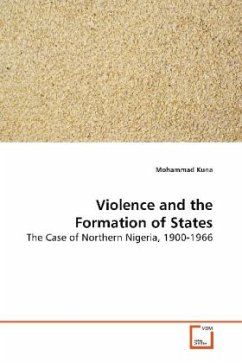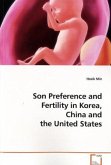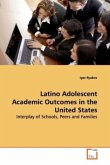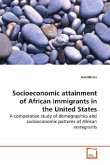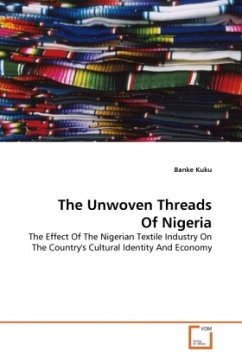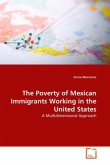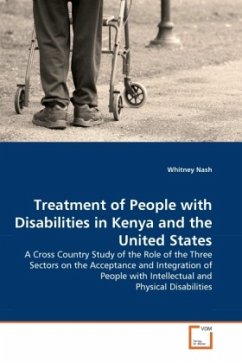This book examines the role of violence in the
formation of postcolonial states with specific
reference to northern Nigeria. It argues that the
deployment of violence was in part a response to the
contestations over the form of the emergent
postcolonial state, the ultimate contest being that
over peasant production. The specific form this
state assumed depended on four interrelated social
forces: pre-colonial hegemonic structures, emergent
nationalist discourses/ organizations, state
activity, and the collective struggles of peasants.
By analysing the dynamic relationships between these
forces, the book explored the processes and patterns
through which conflicts over conceptions and
practices of the ''nation,'' ''membership,''
and identity became inscribed in the definition,
character and form of the postcolonial state in
Nigeria. This book is an important contribution to
African historiography and a useful addition to the
understanding of the struggles over discourses and
practices of ''nationhood.'' It will be a useful
reading for students of politics and society in
Africa and beyond.
formation of postcolonial states with specific
reference to northern Nigeria. It argues that the
deployment of violence was in part a response to the
contestations over the form of the emergent
postcolonial state, the ultimate contest being that
over peasant production. The specific form this
state assumed depended on four interrelated social
forces: pre-colonial hegemonic structures, emergent
nationalist discourses/ organizations, state
activity, and the collective struggles of peasants.
By analysing the dynamic relationships between these
forces, the book explored the processes and patterns
through which conflicts over conceptions and
practices of the ''nation,'' ''membership,''
and identity became inscribed in the definition,
character and form of the postcolonial state in
Nigeria. This book is an important contribution to
African historiography and a useful addition to the
understanding of the struggles over discourses and
practices of ''nationhood.'' It will be a useful
reading for students of politics and society in
Africa and beyond.
